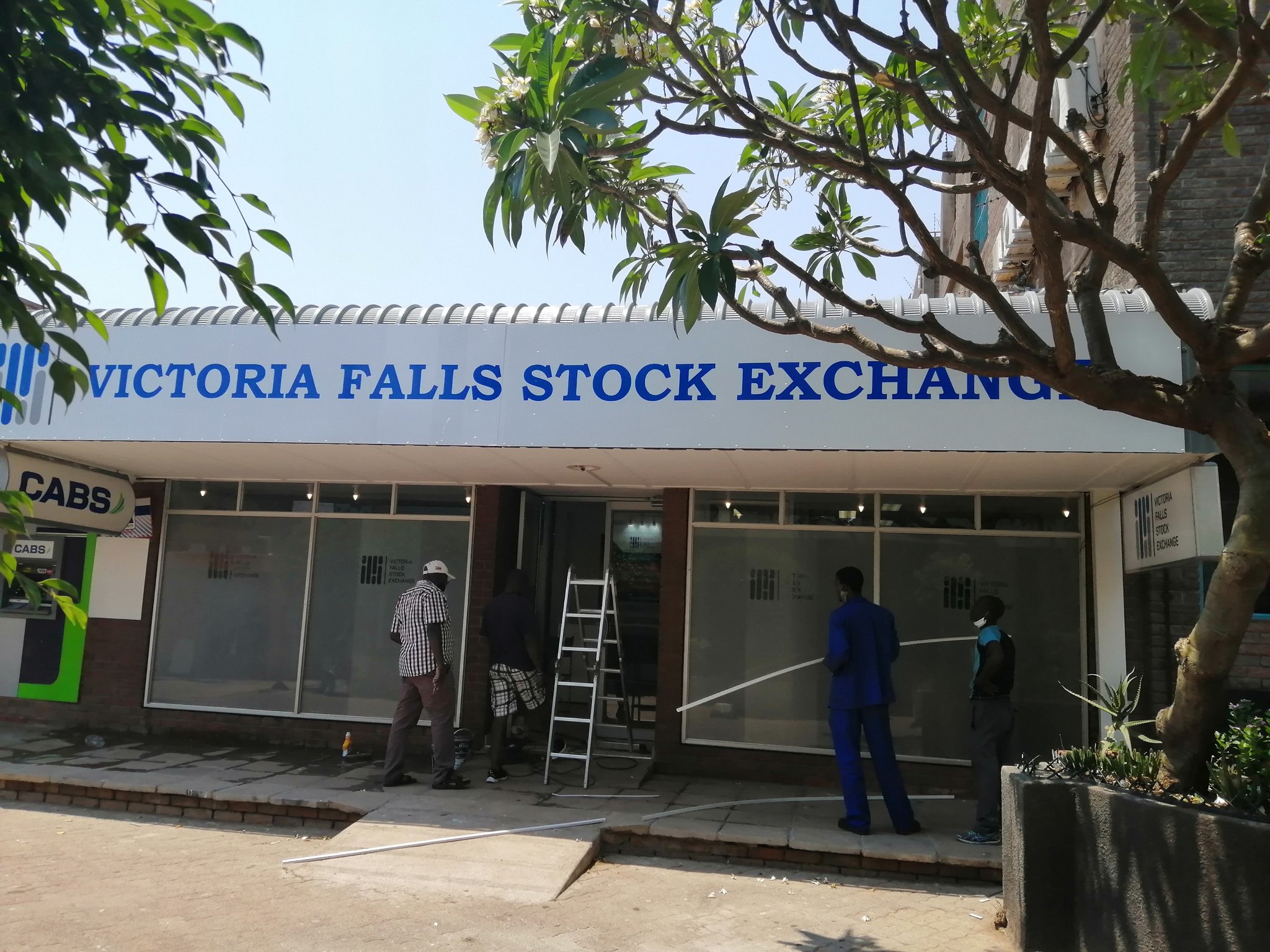US$2,1m wiped off VFEX in Q2
ABOUT US$2,1 million was wiped off the Victoria Falls Stock Exchange (VFEX) during the second quarter of this year following downturns in both number of trades and volumes, a report by the bourse has indicated.
It said turnover in the first quarter was US$5,3 million before falling by 39,9% to US$3,2 million during the second quarter.
However, the report said on a year-on-year basis, the VFEX’s turnover for the second quarter of 2022 rallied by 10,911%.
VFEX had turned over US$28 982 during the second quarter of 2021, a period when global markets were emerging from protracted lockdowns due to the COVID-19 pandemic.
Analysts attributed the year-on-year rise to an increase in the number of listings on the VFEX during the second quarter of this year.
There has been a significant interest in VFEX in the past year, as jitters associated with its founding fizzled out.
Bindura Nickel Corporation, formally listed on the VFEX’s parent, Zimbabwe Stock Exchange (ZSE) has switched to the waterfall bourse.
Crocodile skin processor Padenga Holdings also moved from the ZSE last year, along with Jersey-listed Caledonia Mining Corporation.
The three have joined hybrid seed technology outfit, SeedCo International, which became the first to join VFEX when it kicked off trading in October 2020.
“The VFEX market capitalisation was 7,72% up from the first quarter of 2022 to end the second quarter at US$273,2 million,” the report said. “Comparing to the same period in 2021, market capitalisation increased by 348%.”
The report said on a year-to-date basis, VFEX’s total turnover stood at US$8,5 million.
In the period under review, the VFEX All-Share Index rose by 7,72% from the first quarter of 2022 to close the second quarter at 115,39 points.
The VFEX All Share Index started in July 2021; hence there was no comparison for the same period in 2021.
It said foreign investor participation on the VFEX was 38,13% during the second quarter of 2022 registering a 35,5% jump from the previous quarter.
VFEX recorded 328 trades for the second quarter of 2022 compared to 351 trades recorded in the first quarter of 2022.
The bourse introduced broker-controlled accounts with effect from July 1, 2022.
The broker-controlled model was necessitated by the need to simplify the account opening process for retail investors.
In July, a report by Inter Horizon Securities said confidence in Zimbabwe’s capital markets was dimming, triggering exodus of investors from the country’s main bourse to property and private equities.
IH said “aggressive policy missteps” were driving the investor flight.
An expert at financial services group, Imara, also attributed the flight to an ad hoc policy announced in May forcing banks to halt lending, before authorities somersaulted after a market revolt.
“The first six months of the year saw more aggressive policy shifts that contributed to a sharp rise in interest rates and a fall in stock market returns,” IH said in a report titled IH Macroeconomic Update, New MPC Measures, which also explored the recent construction market boom in Zimbabwe.
“Investors shifted focus from the stock market to property and private equity. There was a construction boom as evidenced by growth in national cement consumption from below one million tonnes in 2017 to 1,4 million tonnes in 2021. Investors are in a race to complete infrastructural projects before development is disrupted by funding needs in a hyperinflationary environment. Private equity returns are less sensitive to policy shifts than the stock market. This has led to the present bear market on the ZSE. Put simply, the policy shocks that the market is digesting are morphing into growth fears, changing the pattern of investment,” it said.-newsday










